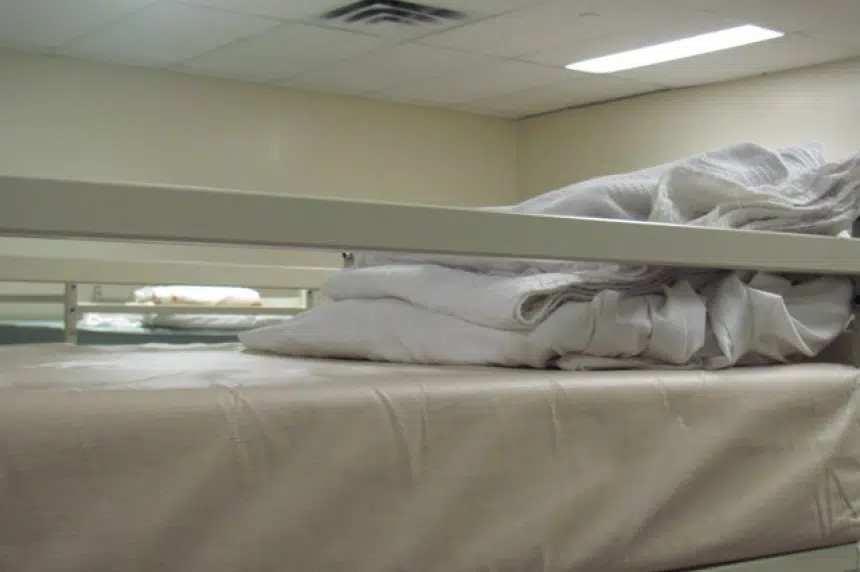A report from Saskatoon’s Community Support Program shows some alarming trends in the Downtown, Broadway and Riversdale Business Improvement Districts.
The report covers March, April and May, and shows an increase in the number of people sleeping outside — resulting in more calls.
The latest numbers in May show 241 calls for service involving 303 people, while March and April’s numbers show 249 calls for service for 292 people, and 241 calls involving 319 people.
The report indicates many of those sleeping on the streets would rather stay there than self-isolate in hotels or work with agencies to find suitable housing. It also notes that “There appears to be a lack of urgency with people wanting to improve their situations.”
The report was presented to Saskatoon’s Planning Committee Monday. During the meeting, Cameron Choquette, CEO of the Saskatchewan Landlord Association told councilors that changes to two provincial social services programs may be contributing to the rising homeless numbers.
“It really comes down to income assistance changes that have been in the works for the last two years,” he said.
In June, 2019, the Ministry of Social Services announced that two programs- the Saskatchewan Assistance Program (SAP) and the Transitional Employment Allowance (TEA) would be replaced by the Saskatchewan Income Support (SIS) program. All clients would be transitioned to the SIS program by the end of August 2021.
Choquette says there was no consultation with rental housing providers, community organizations or municipalities.
“The new program eliminates direct payment to rental housing providers and utility providers. So, without that direct payment, we’re seeing clients on income assistance who haven’t been adequately trained with financial literacy or budgeting skills spend their money on things other than rent and utilities,” he explained.
He said that in turn creates rental arrears and ultimately eviction and utilities being cut off.
“These tenants are receiving their benefits directly in their bank account for the first time ever and rather than going to their landlord or SaskPower immediately, they’re spending those funds on any number of other items.”
While the income support program isn’t administered by the City of Saskatoon, Choquette believes the trickle-down effects will be felt by the city through increased Saskatoon Police calls for petty crime, vagrancy, and disturbances caused by an increase in homelessness and housing instability.
Saskatoon Mayor Charlie Clark told the committee more work needs to be done with the province to try and mitigate the issues.
“We need to come up with better solutions … we can not do it without very, very close and active involvement with the provincial government.
“We need more housing with supports in place for people who have complex needs to fill the gap between shelters and people being in their own apartments,” he added.
The report, prepared by Community Support Program Supervisor Rob Garrison, also noted that there have been more interactions with people who are hungry and want food but aren’t willing to leave their belongings behind to get it.
Many organizations are also still coping with the pandemic and operating at less than full capacity, which means services are also taking a hit.
The report has been referred to city administration.











